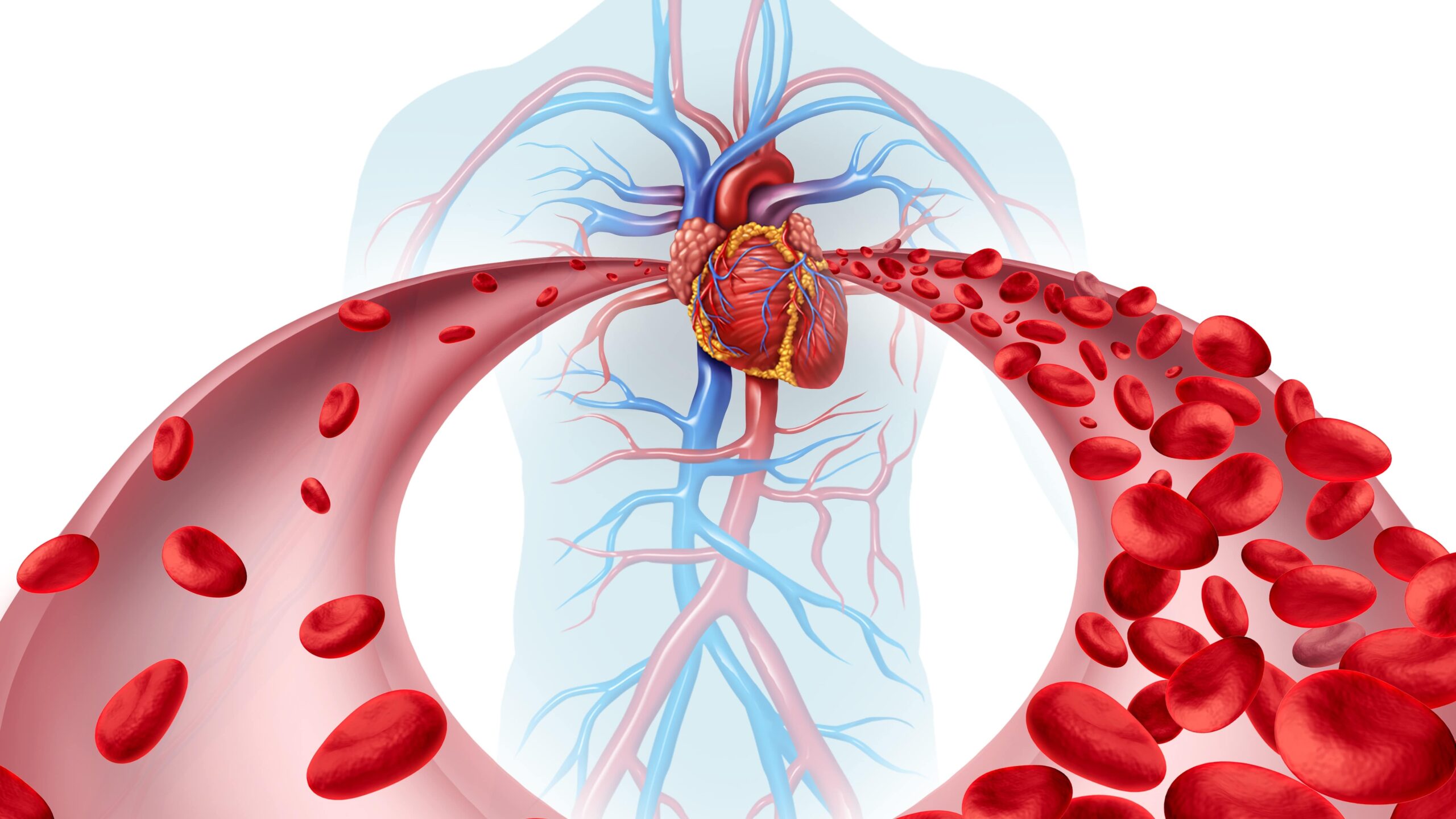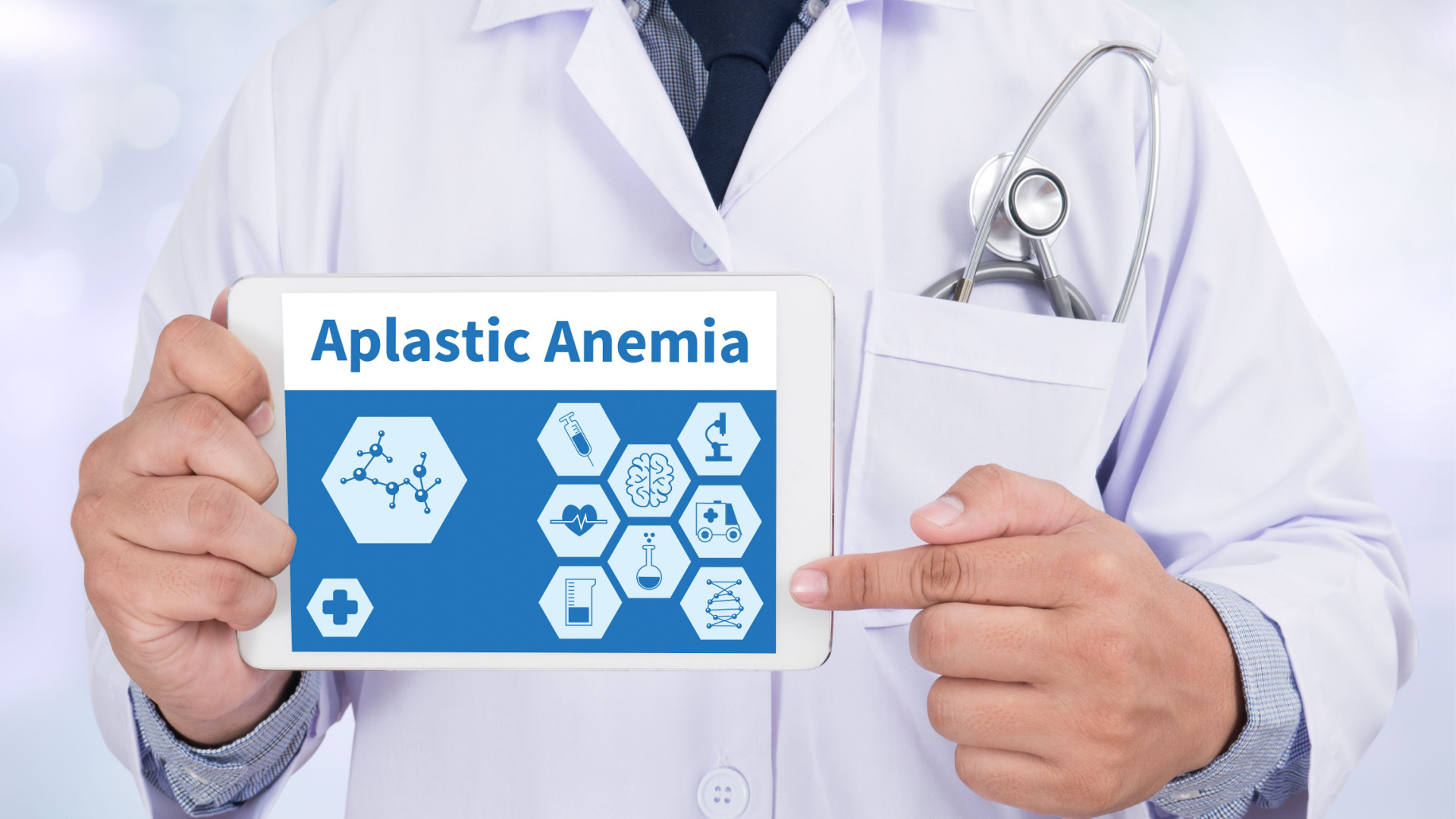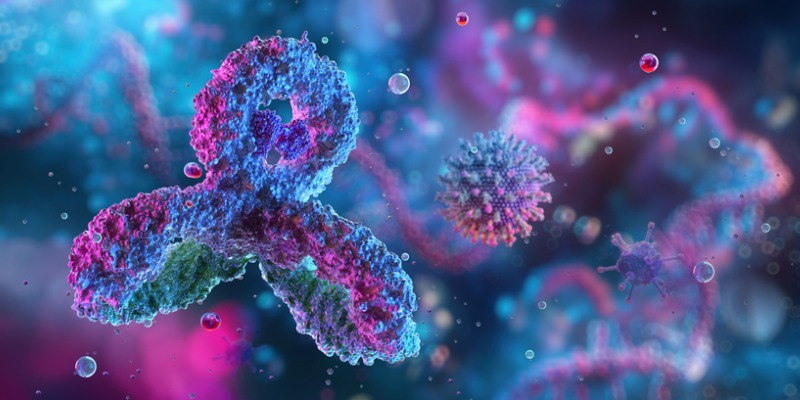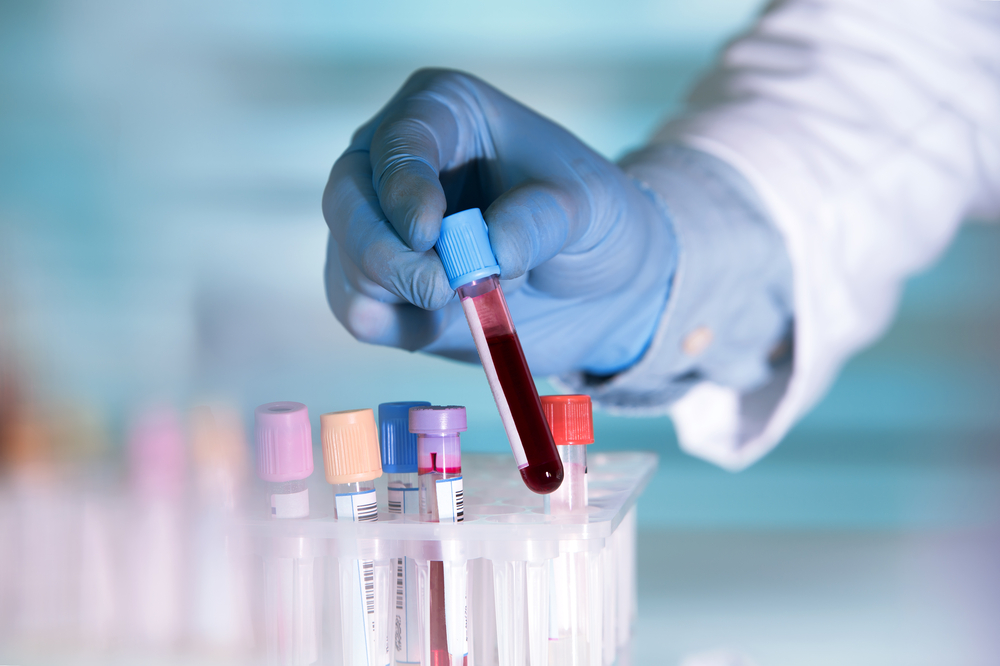
In a systematic review on the management of iron deficiency anemia (IDA) in adults with gastrointestinal (GI) cancers, intravenous (IV) iron supplementation was associated with better outcomes than iron administered by other routes. The review was recently published in PLOS One.
The review authors searched CINAHL, Cochrane, EMBASE, PubMed, and Scopus for studies within a date range of January 2010 to September 2023. Patients in these studies had GI neoplasms and received iron supplementation for IDA with or without erythropoietin-stimulating agents.
Out of 3,969 studies identified across the five databases, the authors incorporated 21 into their review. Six of these studies were randomized, controlled trials and 15 were nonrandomized studies.
An analysis of the 21 studies determined that patients who received IV iron supplementation generally saw reduced postoperative complications and had improved quality of life. Fifteen studies evaluated hemoglobin (Hb) response in patients, and seven of them found that patients who were treated with IV iron had increased Hb levels.
Red blood cell (RBC) transfusion rates in patients receiving IV iron were evaluated in 14 of the studies, but the authors found conflicting differences in RBC transfusion needs among the patients.
As a takeaway from their review, the authors noted that “[t]imely diagnosis and appropriate IDA management can greatly improve quality of life in this patient population, especially if myelosuppressive chemotherapy is required.”
Reference
Nandakumar S, Singh N, Tharani AR, Pankiw M, Brezden-Masley C. Intravenous iron and iron deficiency anemia in patients with gastrointestinal cancer: a systematic review. PLOS One. 2024. doi:10.1371/journal.pone.0302964







 © 2025 Mashup Media, LLC, a Formedics Property. All Rights Reserved.
© 2025 Mashup Media, LLC, a Formedics Property. All Rights Reserved.